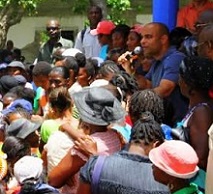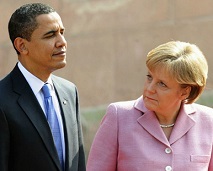Source: Truthout/TomDispatch
For Americans, it was like the news from nowhere. Years had passed since reporters bothered to head for the country we invaded and blew a hole through back in 2003, the country once known as Iraq that our occupation drove into a never-ending sectarian nightmare. In 2011, the last US combat troops slipped out of the country, their heads “held high,” as President Obama proclaimed at the time, and Iraq ceased to be news for Americans.
So the headlines of recent weeks – Iraq army collapses! Iraq’s second largest city falls to insurgents! Terrorist caliphate established in Middle East! – couldn’t have seemed more shockingly out of the blue. Suddenly, reporters flooded back in, the Bush-era neocons who had planned and supported the invasion and occupation were writing op-eds as if it were yesterday, and Iraq was again the story of the moment as the post-post-mortems began to appear and commentators began asking: How in the world could this be happening? read more



